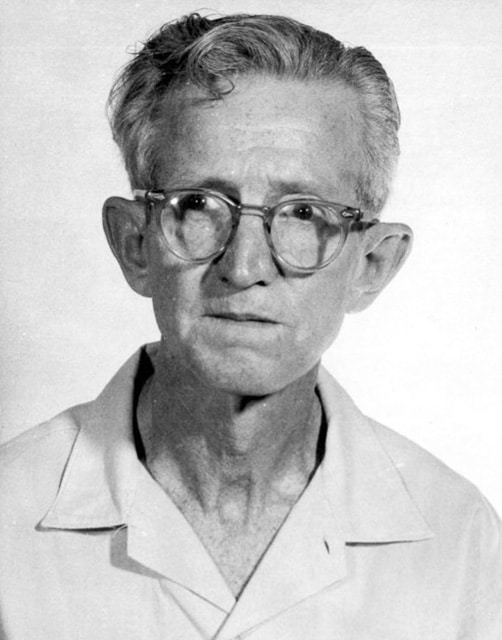You won’t believe how one tiny trumpet blew the lid off the American Justice System!
Gideon’s trumpet, the unassuming case that revolutionized the way we think about legal rights! From a penniless prisoner to a landmark Supreme Court decision, this incredible story will have you on the edge of your seat!
Get ready to be shocked, amazed, and inspired by the little trumpet that could (and did) change the course of legal history forever!
The Prisoner Who Transformed the Right to Legal Counsel in America
Clarence Earl Gideon, a man convicted of a crime in Florida without the benefit of legal representation, took the bold step of writing directly to the Supreme Court to appeal his case.
His actions led to the landmark Gideon v. Wainwright decision in 1963, in which the U.S. Supreme Court ruled that defendants facing serious criminal charges have a fundamental right to legal counsel, regardless of their ability to afford it. This pivotal case established that the Sixth Amendment’s guarantee of counsel applies to state criminal proceedings, ensuring that indigent defendants have access to legal representation and a fair trial.

Gideon’s courage and determination in fighting for his rights ultimately transformed the American criminal justice system, cementing the principle that every person accused of a serious crime has the right to an attorney.
The Ongoing Struggle for Equal Access to Quality Legal Representation
In response to the Gideon v. Wainwright decision, states and localities across the United States established various indigent defense systems to ensure that defendants who cannot afford an attorney have access to legal representation.
These systems typically include state-based public defender offices, where the government employs attorneys to provide legal services to indigent clients, as well as programs that allow private attorneys to be appointed and reimbursed for representing indigent defendants.
However, despite the progress made in expanding access to legal representation, the quality of criminal defense services still varies significantly across different states and localities.

Many public defender offices need more caseloads and more funding, which can strain their ability to provide effective representation to all of their clients.
This ongoing challenge underscores the need for continued efforts to ensure that the promise of the Gideon decision is fully realized and that every defendant, regardless of their financial means, receives the high-quality legal representation they need to protect their rights and ensure a fair trial.
Advancing Gideon's Legacy and Strengthening the Right to Counsel
In 2010, the United States Department of Justice took a significant step towards improving access to legal services for those who cannot afford them by launching the Office for Access to Justice.
This initiative aimed to address the ongoing challenges faced by indigent defendants and to ensure that the promise of the Gideon v. Wainwright decision is fully realized.
The Office for Access to Justice supports and enhances the quality of indigent defense services across the country, collaborating with state and local governments and organizations dedicated to improving access to justice.

The Gideon ruling had a profound and lasting impact on the American criminal justice system, fundamentally transforming our view of lawyers’ roles in criminal courts.
By affirming that access to legal representation is a fundamental right, not a luxury, the Gideon decision underscored the essential role that attorneys play in ensuring fairness, protecting the rights of the accused, and upholding the principles of justice.
A Resounding Call for Justice
Gideon's Trumpet
The story of Clarence Earl Gideon and his “little trumpet,” which forever changed the American legal landscape, is a testament to the power of an individual’s perseverance in the face of adversity.
Gideon’s unwavering determination to fight for his rights, despite his humble circumstances, set in motion a series of events that would ultimately transform the criminal justice system and enshrine the right to counsel as a fundamental principle of American jurisprudence.
As we reflect on the enduring legacy of Gideon v. Wainwright, we are reminded of the critical importance of ensuring equal access to quality legal representation for all, regardless of their financial means, and the ongoing need to safeguard and strengthen this essential pillar of justice.










